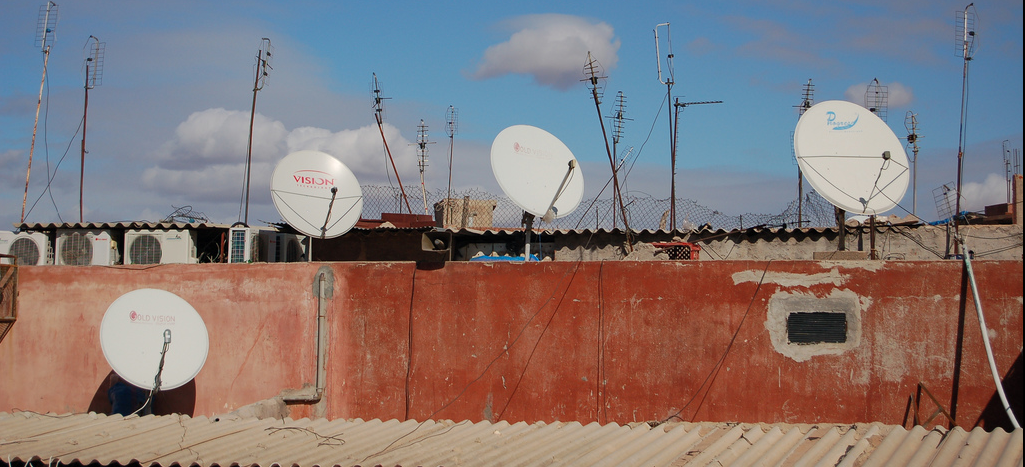
Dillon Hennessy’s blog is a runner up in the 2017 Trinity College Dublin and developmenteducation.ie Development Issues blog series
What is development? Does it matter? What does it mean to me to live in an unequal world? Today I want to talk about what I think development is, drawing on the work of Nobel Prize winning Indian economist Amartya Sen.
I am inclined to agree with Sen that development is essentially about freedom. Freedom is an elusive concept. People have been willing to fight and die for ‘freedom’ as an ideal, but people are also prone to take the reality of freedom for granted.
The freedom that Sen refers to is the ability to make meaningful decisions about your life and the path you wish to take. In this instance, meaningful means that you have at least two options available to you when it comes to making important life decisions, such as where to go to school or what career to pursue. It does not mean always getting what you want, but rather having the option or ability to make a decision that ultimately, may not work out. This definition is both the most useful and the most problematic of all the available definitions.
It is useful in that, I believe, it encapsulates what we all really want from a ‘developed’ society. It is problematic because it is difficult to measure. When people speak about using Gross Domestic Product (GDP) to measure development I believe they are actually referring to the benefits wealth brings people in terms of personal freedoms. A wealthy individual can choose whatever they want in life, from where to live to what car they drive. Poorer people are often restricted in their choices based on limited resources. They may not be able to afford college or a car and so those choices are not available to them. They’re restricted in their capabilities.
Basically, there are two dominant schools of thought about how best to measure how developed a country is, each one focusing on different metrics. Firstly, there are those who purely measure the GDP of a country and argue it correlates directly with ‘development’. This is the most predominant school of thought.
Secondly, there are those, such as Sen, who argue that the best way to measure development is to look at several different factors, including life expectancy, mean years of schooling and GNI per capita to put together a Human Development Index (HDI). This HDI, which embodies Sen’s capabilities approach, serves as a criterion by which development is measured.
Whichever way you choose to measure development, I think we can all agree it is of paramount importance.
There is an altruistic argument for development, which is very straightforward. It is not right that some people, by a fluke of birth, enjoy the benefits of development while others do not. For the altruist, it is important that we lift people out of destitution and into a situation where they can flourish and contribute to society. They see it as morally good and noble to help others. For those who are more pragmatic and less selfless, fostering development still makes sense.
In our increasingly globalised world, we can no longer ignore or quarantine the problems created by underdevelopment. From environmental damage leading to climate change, to terrorist states sending shock waves across the globe, to the dwindling supplies of resources we need to survive, the suffering of those in developing countries has practical consequences for us all.
For me, living in an unequal world means missing out on the contributions of incredibly talented people who never had a platform to express themselves. Einstein, Picasso, Mandela, Ray Charles, and people from every field of human achievement have benefited from greater inclusivity and accessibility to the trappings of development. A world without a stable architecture to foster learning and the pursuit of knowledge in diverse environments is a sterile one, and inequality perpetuates that sterility.
Photo credit: Development (2008) tgraham. CC-BY-SA 2.0 via Flickr

